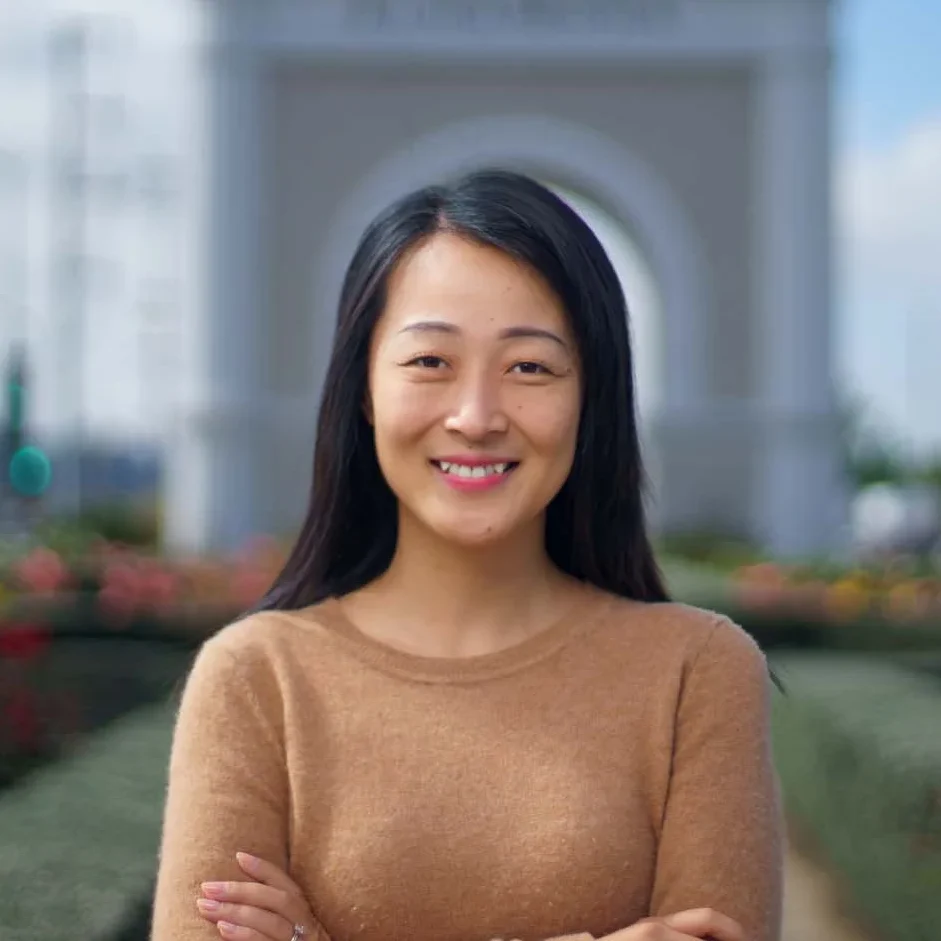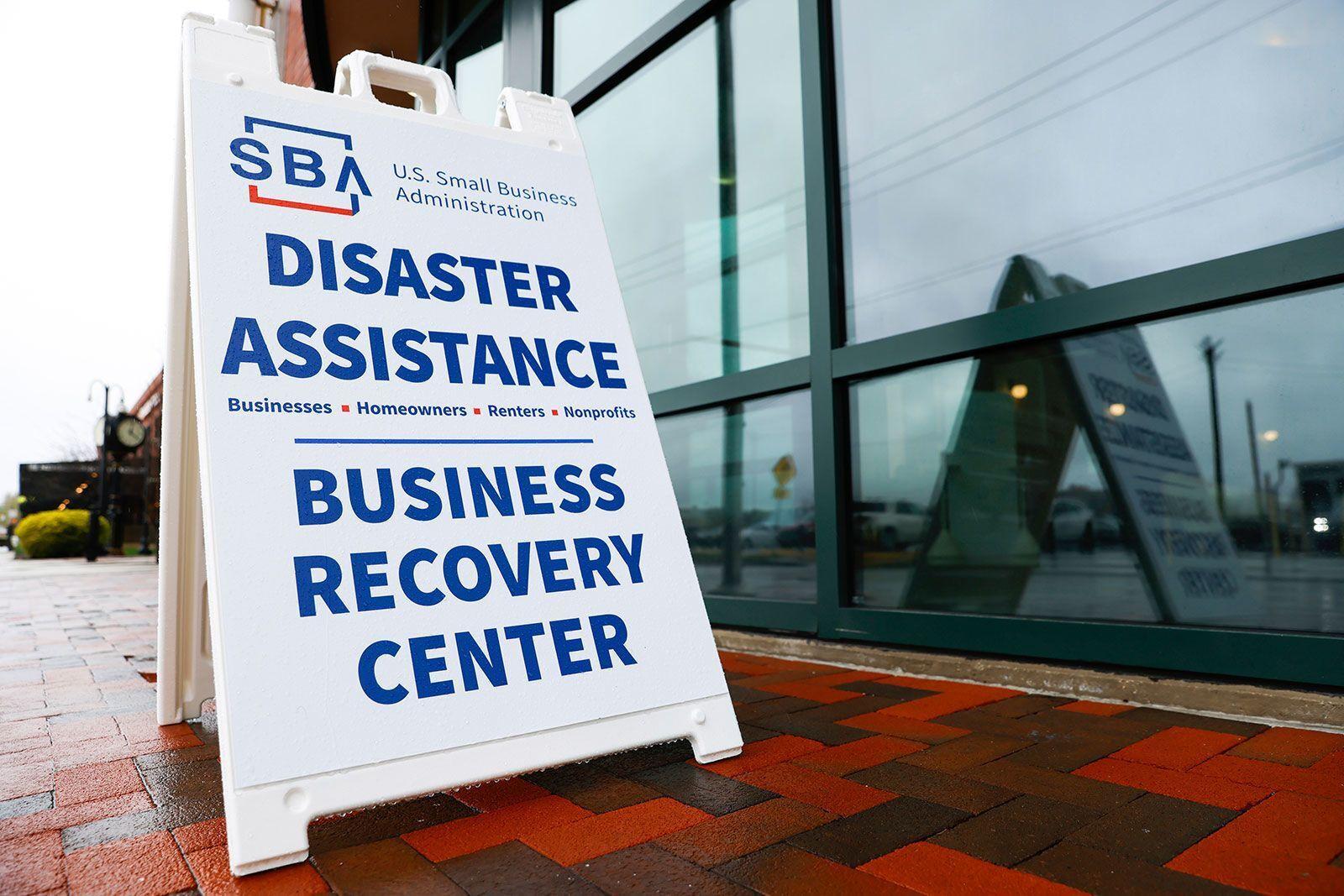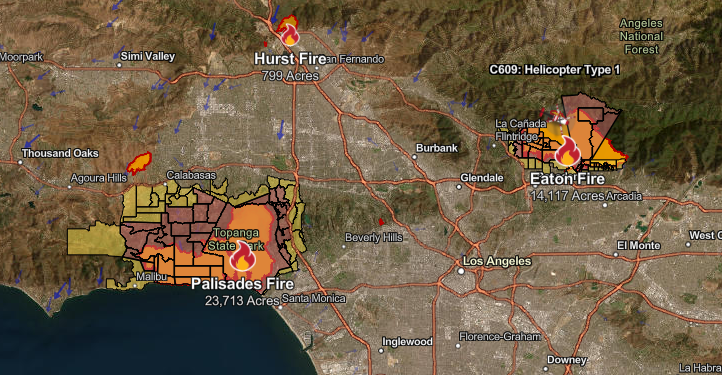Election Day is Tuesday, November 5. Read our interviews with Katie Chan here; Karsen Luthi here; and Je-Show Yang here.
AA: Can you start with sharing a little bit of your background and how you got into public service?
Wang: I’ve always been an engineer. Growing up, I just really loved engineering, so I got my bachelor’s degree in civil engineering and master’s degree in structural engineering, both from UC Berkeley. Being an engineer, I’m a problem solver and a future builder, right? I tend to look at things very analytically, so I look at all the facts, all the data, and consider all aspects and make the decision that’s the best and considers all interests.
I’ve worked in private development and in public infrastructure, so public works. I worked for the City of LA in transportation, and then the county sanitation department in wastewater, and then I was recently the Public Works Director for Rosemead, a city government, very similar to the city of Alhambra.
The three core functions of city government are public safety, public works, park and rec. I was very familiar with the city operations and that’s where I feel like I can bring something. I can bring that knowledge and experience to be effective on the council and not just talk about, you know, advocacy, ideas, and plans. I actually have experience in implementing these things and getting things done.
AA: What would you say is the most pressing issue that you see that’s facing Alhambra?
Wang: I think public safety, we’re seeing a rise in crimes. It’s not just in the city of Alhambra but across the region, we really have to focus on this because I’ve been campaigning for months now and I hear a lot of our residents who have been here for years and years and they don’t feel safe anymore in our city. That’s a very basic need that we have to make sure all of us that live here feel safe.
To me, as a parent raising kids here, that’s very important. We need to protect our children, we need to protect our seniors and everybody here.
The other key issue is traffic safety. We experience a lot of traffic congestion here and also cars speeding out of control. You know, I take my kids on walks around the city all the time and we have to make sure our family, children feel safe. I see seniors that they are not as fast and not as nimble and we have to protect them, too. So I want to address speeding.
I don’t just talk about them. I also have experience dealing with them as a public works director. Traffic calming is my specialty.
AA: Can you talk a little bit more about that? How have you dealt with speeding and traffic calming in the past?
Wang: Yeah, so traffic calming has many options. There’s an educational campaign to raise awareness. You can increase patrol. You can also enlarge signs, you can make them flash. I also developed a speed hump policy.
As a public works director, I develop policies and implement them on a daily basis. I also work with our Chief of Police to address traffic issues, safety issues. I also work with our school districts, because a lot of times school districts experience challenges with the safety of the children. So we work with them to figure out how we as a city can best assist and make sure it’s safe for parents to drop off, walk their kids around the school areas.
AA: You mentioned affordable housing, so that’s another issue that we wanted to talk about. How do you plan to address issues like homelessness?
Wang: It’s like any other problem, right? We start with data. So Alhambra’s homeless count has been between 50-100 people for the past five years. Homelessness is a very wide spectrum, right? It’s anywhere from people who just lost their ability to pay for their mortgage or rent to people who have all kinds of challenges. So, with the data, we identify the needs. This is also where we need our county partners and to partner with other cities. We need our county partners, our state partners to address this together, because when we have partnerships, we’re gonna be a lot more effective. Hopefully we get to the root cause of the problem and provide them the services that they need.
Affordable housing is definitely one way to address it. I’m a big advocate for affordable housing as someone that grew up as an immigrant here, and I struggled with housing early on in my journey here and I struggled to pay rent. I was very close to becoming homeless so I understand the need. I want to make sure that we provide affordable housing in our city so our families can thrive here, and that’s very important.
We passed the housing ordinance, which is to set aside 15% of every development that comes in the city to be affordable units. I think that’s the first step. There’s a long way to go. Affordable housing also has different tiers from moderate income, low income, extremely low income. So there’s multiple tiers, our current policy only addresses some of the tiers, but it really takes the city’s commitment to go to the extremely low income to provide housing for them.
AA: What are your views on climate change and sustainability practices, and how do you plan on making the city more environmentally friendly?
Wang: I am a huge supporter of sustainability. Number one, I’m a civil engineer, so that’s part of my job and that’s why I went into the field. In today’s world, who is solving our biggest sustainability issues in our society? They’re civil engineers. We’re figuring out our water resources, we’re figuring out, how do we make sure our planet Earth is more sustainable for our children to carry on? And as a mom, I care because I care about our children and our future generations. How do we leave the world better than we found it for them to carry on?
We have to recognize the challenges and the impact climate change has in our community and we have to start taking steps. As the public works director, I implemented SB 1383, which is organic waste, which helps with the environment. I also helped convert our city fleet to electric vehicles to reduce air pollution. I would look to build more EV charging stations, convert more city fleets to electric vehicles, and reduce air pollution. I worked with other departments to advance multi-modal transportation infrastructure, which is to offer more options to get people off cars.
Also, with green space, Alhambra is a tree city, right? I think we need to strengthen our tree ordinance. I implemented a tree ordinance as a planning commissioner. When developments come in, we not only have to put in conditions of approval, but also have to make them enforceable. So we have to appropriately recognize big mature trees and figure out how we can preserve them and build our tree city and more green space.
I will also say that I have a ton of experience and knowledge here. I serve on the Safe, Clean Water Program Watershed Area Steering Committee. It’s a regional commission in LA County to build stormwater infrastructure to retain, recycle rainwater, instead of letting it run off to the ocean. As part of that, we used the Measure W funds to build stormwater infrastructure, but as part of that fund, it also supports green space on top. You need that kind of area to capture the rainwater. When we use those funding opportunities, we create more green space and we also create bike lanes and more nature for our city. I’ve seen applications of Measure W using schools, so when you see, like a big asphalt school playground, that’s where they can implement those and it brings so much more green space. We have a lot of funding available and we have opportunities. I want to seize those opportunities to bring more green space to our city, our schools so our children have more tree shade and they can interact with nature more.
AA: How do you plan to engage residents and make sure that they feel heard?
Wang: Regarding community engagement, this is a top priority for me. First, we need to recognize that our community is incredibly diverse, multicultural, and largely made up of immigrants. It’s essential to understand the barriers to engagement, which go beyond language — they include cultural barriers and institutional formalities that make things difficult to understand. For some residents, interacting with the city government can be intimidating. For others, it can be challenging to figure out which department to call for what type of questions/requests.
As an immigrant who came to this country at 19, I have personally experienced these challenges. I know firsthand what it feels like to be unseen and unheard. That’s why I believe we must meet the community where they are. This involves more meaningful outreach, making information accessible, and communicating in simple, everyday language that everyone can understand.
I have a proven track record of fostering meaningful public engagement. I regularly conduct free workshops to help residents and small businesses navigate city government processes, such as permits, entitlements, and public hearings. As former Chair of the Planning Commission, I led the city’s major zoning code rewrite, a policy that shapes our city’s development. I attended community meetings to share information and collect input from residents. My leadership is known for being responsive and community-focused.
AA: Is there anything else that you like to add, anything that you want people to know about you or your platform?
Wang: Yeah, let me just quickly touch back on the question about public safety. I definitely want to support our law enforcement, fire and police, to do what they do every day. I also want to strengthen or enable community watch programs. Community watching out for each other is how we’re going to keep each other safe. That has proven to be very effective. I’ve already started to organize that. I reactivated a neighborhood watch program and it was very well received by the community.
Something that I just want to mention is that I think in this race, what sets me apart is that I’m just someone that lives in the city. I am not a politician. I care about the city because I’m raising kids here. This is my community, and I can bring so much experience and skill as an engineer, as someone who has worked in a city government and managed public funds to address local issues. I’m not just talking about my plans, I know how to implement them. I know how to effectively implement them. There is really no learning curve for me, I’ll get up there and start working on those issues from day one.





